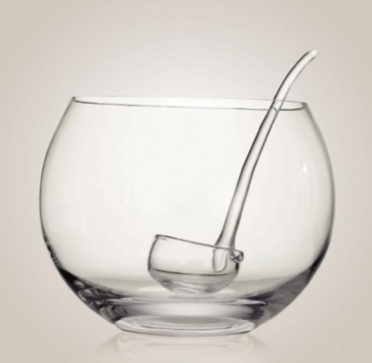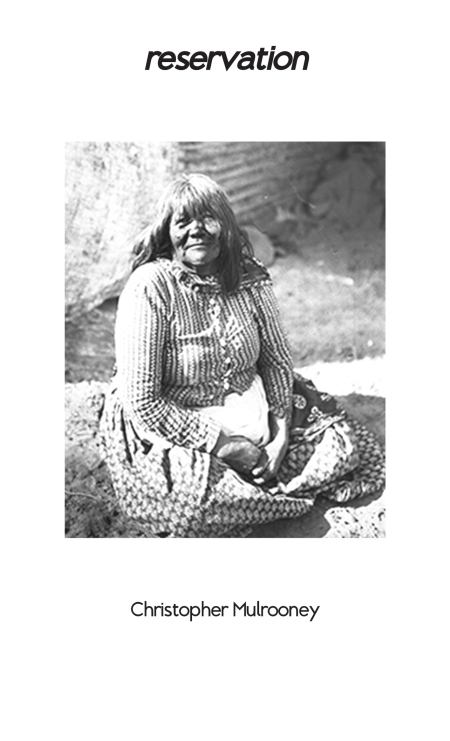The Hospital Punch by Sally Flint
– Reviewed by Grant Tarbard –
I was intrigued by the title of The Hospital Punch, published by Maquette Press in a first run of 100 copies, and written by Dr Sally Flint, a teacher of creative writing at the University of Exeter. I’ve been a constant patient throughout my life, and have been on the receiving end of this one-two jab, dreading the uppercut that will fell us all like wooden damsels.
On first inspection inside the punch bowl, we find that is not empty, as the cover depicts. ‘First, Practice on Oranges’ is a taut opener. All nurses and doctors are taught firstly using oranges, as they have a resilient skin and a gooey pith beneath: the segments take the place of muscle.
We pushed needles through peel
as our tutor emphasised control.
Zest filled the room.
In the closing stanza, Flint capably summons up a reflection in which the soft flesh of a child is compared to the tough flesh of the fruit:
When a needle pierces the skin
something bruises inside
and flesh, especially children’s
feels nothing like fruit.
I remember the fearsome night sisters of my youth, not so much in Great Ormond Street but Shaftesbury Avenue, a hospital which isn’t there now, and The Middlesex. I’ve always called them ghouls: the nurses were the Van Helsing to the night sisters’ stiff Dracula, and coincidentally, a Bram Stoker quote kicks off the poem ‘Night Sisters’: “There are such beings as vampires, some of us have evidence that they exist.” Well, here is Flint’s proof:
We called them Vampires, swooping in
at random times to catch us out.
Their capes matched their eyes,
pinched black with a flash of red.
The poem zigs between a prickly sense of the dead, creepiness:
when a death occurred in the quiet hours
one of them would always be foundcrouched over the body, checking for a pulse.
And what’s a zig without a zag? The night sisters conjure up fantasises of young nurses gallivanting around in a daze of booze and coitus, jealous of the vigour of their femininity:
They believed, when our block of nights ended,
that we returned to off-duty drink, drugs and sex,
bringing random men to our beds;
that the light of day was ours.
A valuable last line, not a bauble.
There is a sense of John Betjeman in Flint’s poetry, not in the rhyme scheme but in a shared sense of simplicity, a natural walk with a friend. Now, weary travellers, we come to the grey-whiskered, eponymous poem ‘The Hospital Punch’, a panning shot of the staff room, dripping with nostalgia. It begins with a quote from the Romantic poet and author of The Three Bears, Robert Southey: “I am sure the air in heaven must be / this wonder-working gas of delight.”
This poem could feel a little muddled, with a Basement Tapes-like rogues gallery of porters, who sway like they’ve sniffed nitrous oxide all their lives, consultants dissecting oranges with the scalpels, Merlot-guzzling Sisters,
Marlene from pharmacy crushed
the contents of her pocket
and Nancy, now as swollen-eyed
as the grey-faced parents she’d consoled,
shook as if she had the palsy.
The poem at first glance reads as a diary entry, marked 21st May
Stella removed her overalls,
put away her bucket and cleaning fluid,
produced cigarettes from her pocket
but it’s cleverly interspersed with lines that leave you cold cocked in between the journal jottings, such as
But the question of bringing
the dead back to life wouldn’t sink.
It was nobody’s fault, we chorused.
The poem throws a question on us like a shawl: how wide a gulf is there between doctor and patient? Certainly you’ve got to have a little sense of detachment to retain your own purpose, a protectiveness for loved ones. Are doctors walking around with a Terminator eye, reading what ailments we have by our gait? In ‘All Men Aren’t Equal in a Hospital Bed’:
I never thought I’d get laid out
naked underneath a gown
mark this out.
‘After the Theatre’ is very familiar to me, and probably to anyone who has been an inpatient, describing this dread:
he swallowed
the painkilling tablet he was given,
plus the few he’d stashed in his locker
from previous days when the bed clothes
had tightened around him like ivy.
Having had a few morphine overdoses, one bad one, the last two lines are a memory as much as they are poetry. I know why I gravitate towards these words: Flint’s ink is my language, but even if you aren’t a constant patient, nurse or doctor, you will take satisfaction in the poems here contained. As I close the pamphlet it’s like shutting a coffin lid. Strange, as the subject matter is life.





